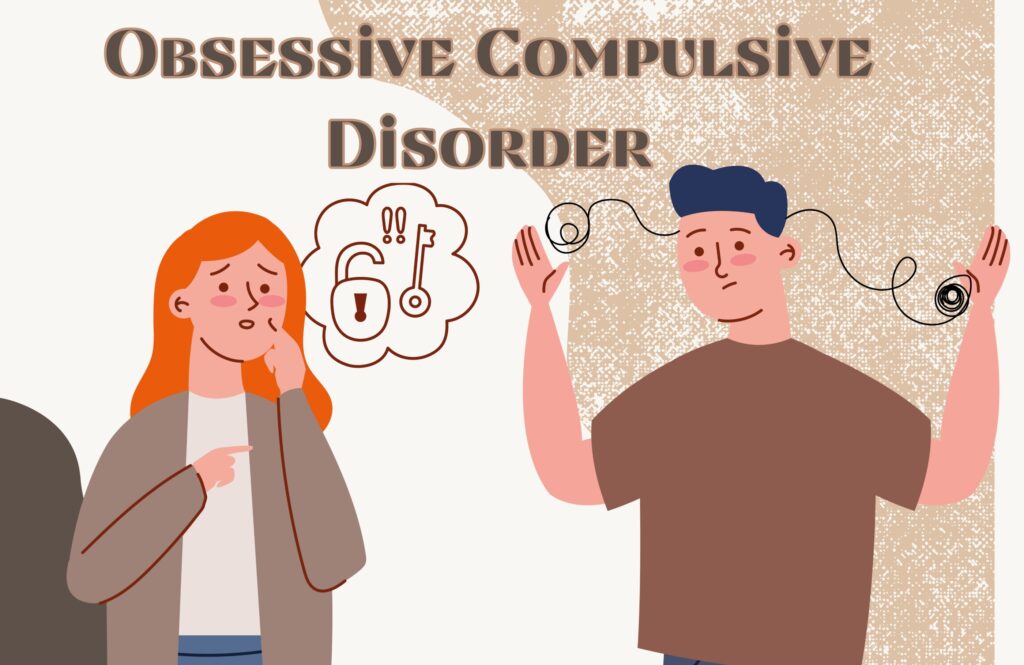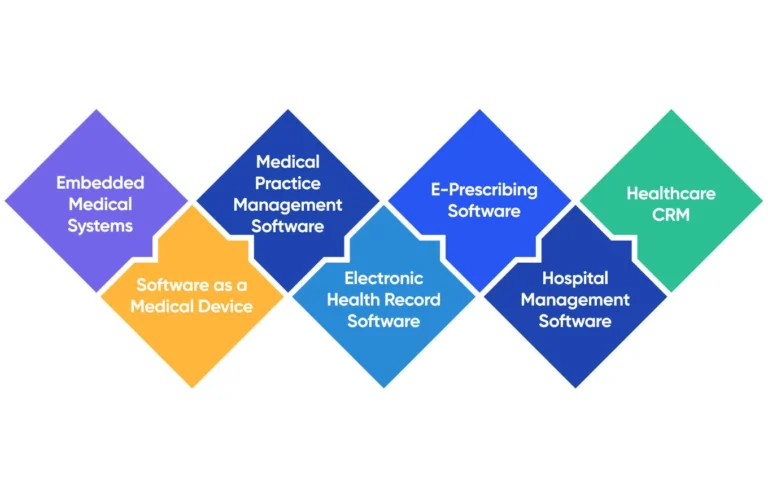Therapist OCD: Effective Strategies for Managing Obsessive-Compulsive Disorder
Many individuals seeking help for obsessive-compulsive disorder (OCD) may wonder about the role of a therapist in their treatment. Therapists are crucial in guiding individuals through effective therapeutic approaches that address OCD symptoms. Their expertise can significantly impact the recovery journey by providing tailored strategies and support.
Therapists utilize evidence-based methods, such as cognitive-behavioral therapy (CBT) and exposure and response prevention (ERP), to help clients manage their OCD. These techniques empower individuals to confront their fears and break the cycle of compulsive behaviors. By fostering a safe and supportive environment, therapists enhance the likelihood of successful treatment outcomes.
Understanding the importance of a therapist OCD specialist in managing OCD is essential for those experiencing its challenges. Seeking professional help can lead to improved coping strategies, increased self-awareness, and ultimately a better quality of life.
Understanding OCD
Obsessive-Compulsive Disorder (OCD) is a mental health condition characterized by unwanted, intrusive thoughts and repetitive behaviors. Understanding its definition, symptoms, and the impact on daily life can provide clarity on how it affects those who experience it.
Definition and Symptoms
OCD is defined by the presence of obsessions and compulsions. Obsessions are persistent, unwanted thoughts, images, or urges that cause significant anxiety. Compulsions are repetitive behaviors or mental acts performed to reduce this anxiety or prevent a feared event.
Common symptoms include:
- Contamination fears: Excessive concern about germs or dirt.
- Doubt: Constantly questioning whether tasks have been completed correctly.
- Orderliness: A need for things to be arranged in a specific way.
These symptoms can vary greatly in severity.
Causes and Risk Factors
While the precise cause of OCD is not fully understood, several factors contribute to its development. Genetic predisposition plays a significant role, with family history increasing risk. Neurobiological factors, particularly imbalances in brain chemicals like serotonin, are also implicated.
- Environmental factors such as traumatic experiences or chronic stress can trigger OCD in susceptible individuals. Additional risk factors include co-occurring mental health disorders, such as anxiety or depression, which can complicate the condition’s presentation.
- Effects on Daily Life
OCD can significantly interfere with daily functioning. Individuals may spend excessive amounts of time on compulsive behaviors, leading to decreased productivity and neglect of personal responsibilities.
This disorder can also impact relationships. Friends and family may struggle to understand the behaviors associated with OCD, leading to frustration or strain. Additionally, individuals may avoid certain situations or places that trigger their obsessions, further isolating themselves.
The cumulative effect of these challenges can lead to depression, anxiety, and a decline in overall quality of life.
Therapeutic Approaches for OCD
Effective treatments are essential for managing Obsessive-Compulsive Disorder (OCD). Various therapeutic approaches can help individuals reduce symptoms and improve daily functioning. Key therapeutic methods include Cognitive Behavioral Therapy (CBT), Exposure and Response Prevention (ERP), and medication in combination with psychotherapy.
Cognitive Behavioral Therapy
Cognitive Behavioral Therapy (CBT) is a widely used therapeutic approach for OCD. CBT focuses on challenging and changing unhelpful cognitive distortions and behaviors. It helps individuals identify negative thought patterns and develop healthier ways to think and respond to anxiety.
CBT techniques often include recognizing triggers and responses. Patients learn to modify automatic thoughts that contribute to their OCD symptoms. This process fosters greater self-awareness and equips individuals with coping strategies to manage their compulsions.
Exposure and Response Prevention
Exposure and Response Prevention (ERP) is a specific type of CBT that has shown effectiveness for OCD. ERP involves gradual exposure to feared thoughts, images, or situations. Patients confront their fears in a controlled environment while refraining from performing compulsive behaviors in response.
The goal of ERP is to reduce anxiety over time. This desensitization process helps individuals gain confidence and diminish the power of their obsessions. The method encourages facing fears directly, promoting long-term recovery and symptom relief.
Medication and Psychotherapy
Medications can play a crucial role in treating OCD, particularly when combined with psychotherapy. Selective Serotonin Reuptake Inhibitors (SSRIs) are commonly prescribed and may help alleviate symptoms by increasing serotonin levels in the brain.
When used in conjunction with therapeutic approaches like CBT or ERP, medication can enhance treatment outcomes. Individuals need to work closely with a healthcare provider to determine the most effective medication and dosage tailored to their specific needs.







